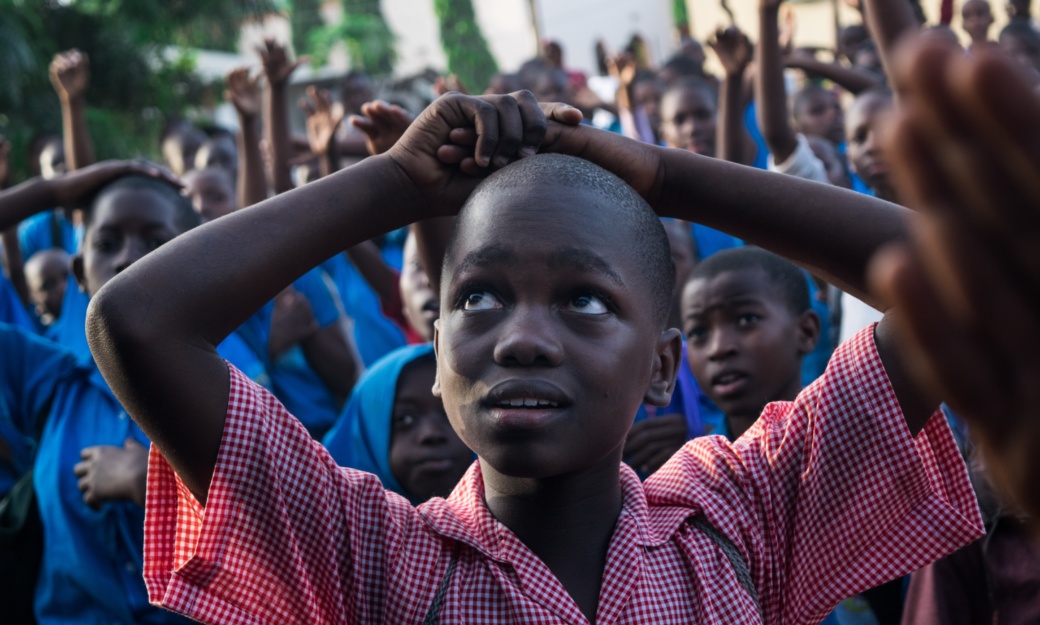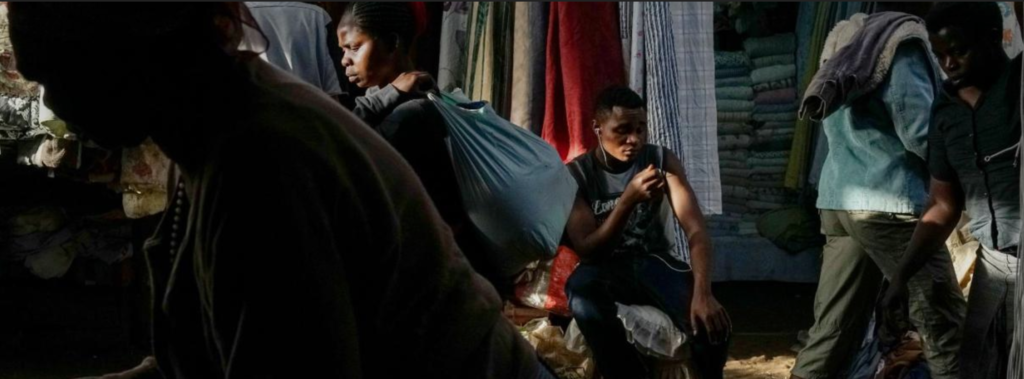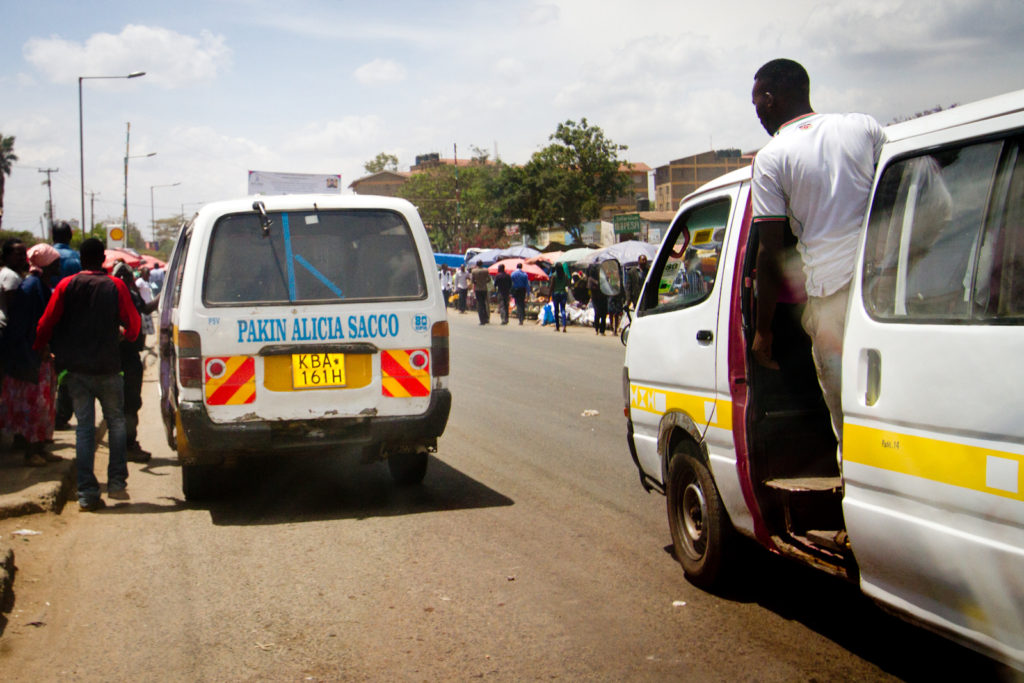
Daniel Grizelj/Getty
The introduction of Apple Pay, which allows users to pay via smartphone, has generated plenty of buzz. But when it comes to mobile money, America trails years — seven years — behind another country: Kenya.
The mobile money app M-Pesa launched in 2007 and now has more than 15 million users in Kenya — plus millions more across South Africa, Afghanistan and the rest of the globe. By 2012, the value of M-Pesa transactions reached $18 billion, equal to about 41 percent of Kenya’s GDP. For those interested in emerging markets, M-Pesa has become a larger-than-life success story: It launched a hundred research papers and became a sort of holy grail for other telecom companies, which have tried — largely in vain — to replicate its model around the world.
But M-Pesa’s model may finally be spreading. Last month, Kenya’s Equity Bank introduced a new piece of technology that literally piggybacks off of M-Pesa’s success. Called a “thin sim,” the paper-thin chip slips under a standard SIM card used in mobile phones by Safaricom, the telecommunications company that owns M-Pesa. Operating like a second SIM, the device will connect to its own cellular network to allow users to make instant money transfers, just like M-Pesa.
Those in the industry are watching closely, not just to see whether another player can finally shake M-Pesa’s dominance, but also because the technology could finally make mobile payments feasible in other developing countries. If so, it could further blur the line between banking and telecom, and potentially offer market access to the hundreds of millions around the world who have a phone but no bank account.
Read more: Pay by Phone? Africa’s Got It Covered | Fast Forward | OZY



 Last year at primary schools in western Kenya, social scientists were busy performing dirty skits in front of hundreds of children. The script went like this:
Last year at primary schools in western Kenya, social scientists were busy performing dirty skits in front of hundreds of children. The script went like this: Young people across the continent aspire to careers in Africa’s blossoming information and communications technology (ICT) sector. But many encounter major barriers that prevent them from finding jobs in the industry. “We have a lot of young people. But unfortunately they come from neighborhoods that don’t have a lot of opportunities,” says Tim Nderi, the chief executive officer of Mawingu Networks.
Young people across the continent aspire to careers in Africa’s blossoming information and communications technology (ICT) sector. But many encounter major barriers that prevent them from finding jobs in the industry. “We have a lot of young people. But unfortunately they come from neighborhoods that don’t have a lot of opportunities,” says Tim Nderi, the chief executive officer of Mawingu Networks.

 “I wanted to be here because Africa is on the move,” US president Barack Obama told an energetic crowd at the Global Entrepreneurship Summit in Nairobi in July.
“I wanted to be here because Africa is on the move,” US president Barack Obama told an energetic crowd at the Global Entrepreneurship Summit in Nairobi in July.




 It started out as a nice idea that made a sharp left turn and then took a whole new direction. A 22-year-old Kenyan developer, getting the idea from a class at Strathmore University in Nairobi, wanted to create an app to help drivers avoid bad traffic and accidents. But when he learned that a friend had just been stopped by police at an alcohol Breathalyzer checkpoint, he decided to turn it into an app that would warn drivers about checkpoints — and it took off.
It started out as a nice idea that made a sharp left turn and then took a whole new direction. A 22-year-old Kenyan developer, getting the idea from a class at Strathmore University in Nairobi, wanted to create an app to help drivers avoid bad traffic and accidents. But when he learned that a friend had just been stopped by police at an alcohol Breathalyzer checkpoint, he decided to turn it into an app that would warn drivers about checkpoints — and it took off.